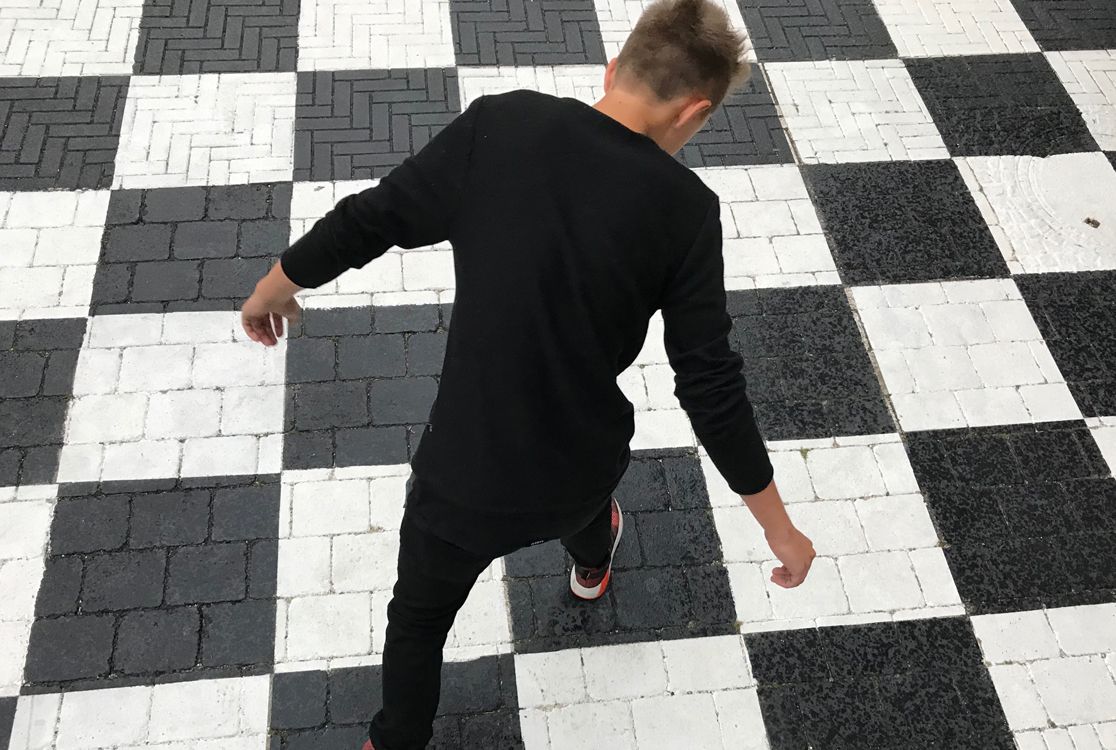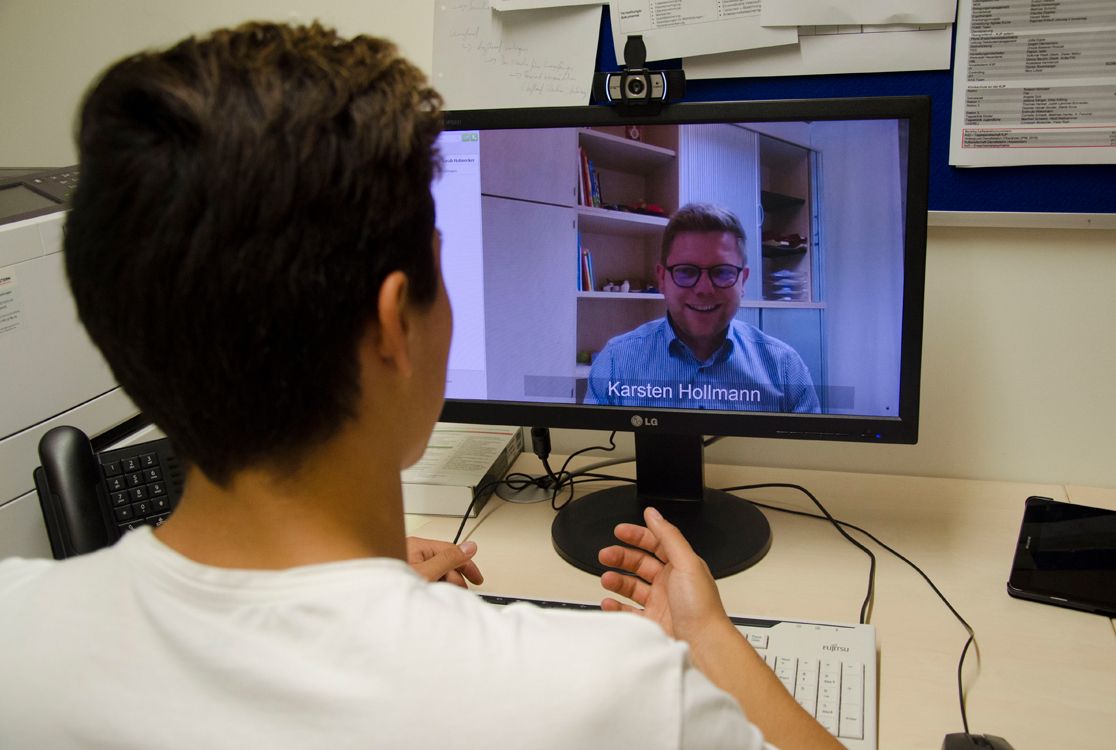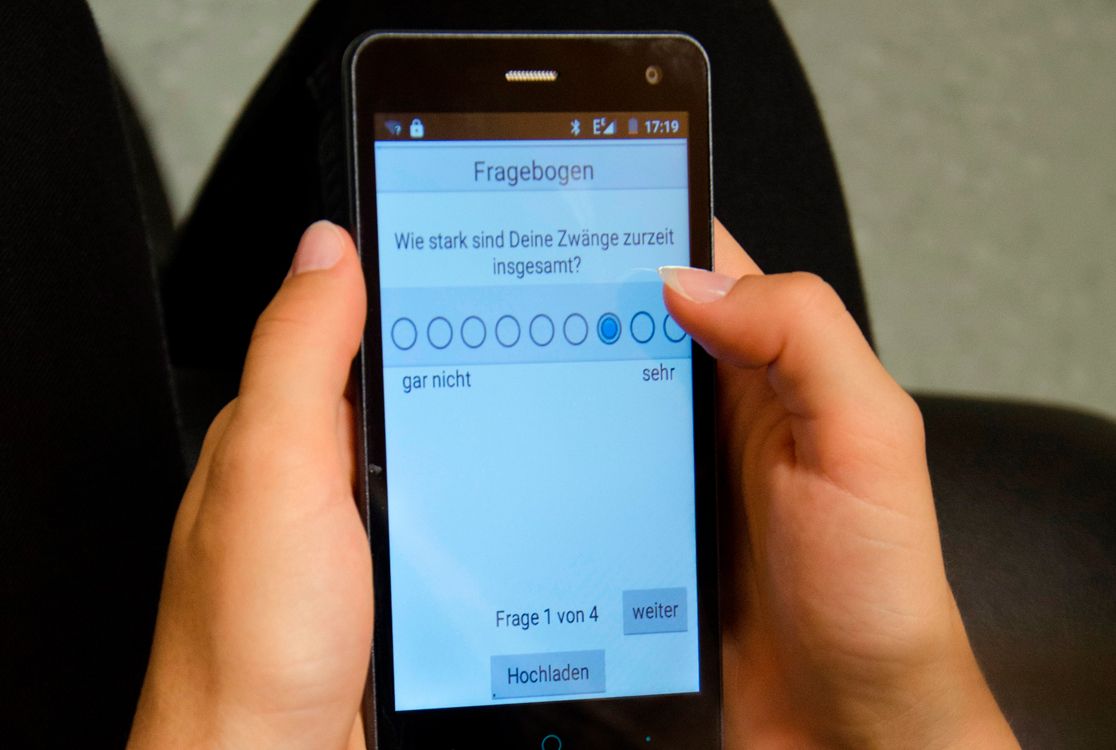Study on Internet-based treatment of children and adolescents with OCD (iCBT II)
Within the project iCBT II (Study on Internet-based treatment of children and adolescents with an obsessive-compulsive disorder), the use of Internet-based psychotherapy for the treatment of obsessive-compulsive disorders is being investigated in a total of 60 children and adolescents. The aim is to supplement traditional psychotherapeutic treatment with internet-based interventions and to facilitate access to treatment in accordance with guidelines. Thanks to the internet-based approach, the therapy can be carried out directly in the patients' home environment, thus enabling the treatment method of exposure with reaction management. This has proven its worth regarding obsessive-compulsive disorders, to be carried out in the environment where the compulsions usually occur most frequently. A further advantage of internet-based procedures is the high acceptance of a digital approach among adolescents. It also enables families who do not have access to specialist therapists close to their homes to receive professional treatment.
Contact us
Are you interested in the treatment of obsessive-compulsive disorder? Please contact us:
E-mail address: zwangsstudie@med.uni-tuebingen.de
Publications
Selected publicationsSummary
Obsessive-compulsive disorder (OCD) in childhood and adolescence often leads to massive impairments and has a high risk of becoming chronic. Cognitive behavioral therapy (CBT) is the recommended first-line treatment, however, it is only rarely implemented in accordance with guidelines and often not available close to the patients’ home. Internet-based CBT (iCBT) could help reduce this gap in care. In our randomized controlled trial, a total of 60 children and adolescents aged 6-18 years with a primary diagnosis of OCD were included. Subsequently, patients were randomly assigned to either the treatment- or waitlist group and received 14 sessions of iCBT. Follow-up assessments were conducted for all measures 16 and 32 weeks after completion of treatment. During iCBT, OCD symptoms decreased significantly in the treatment group compared to the waitlist control group, measured with the Children’s Yale-Brown Obsessive Compulsive Scale (CY-BOCS). After treatment, OCD symptoms in the waitlist group also decreased significantly. The improvement of symptoms as well as the remission rate further increased during follow-up assessments. Patient satisfaction with treatment was rated high to very high. In summary, our approach shows a promising possibility of gaining access to adequate treatment for pediatric OCD even in rural areas.




Methodology
Therapy in home environment
Patients are treated online with cognitive-behavioural state-of-the-art methods in 14 video-sessions. Obsessive-compulsive symptoms and physiological data are recorded via smartphone app and physiology wristband. There are 2 groups of patients to check the change in the compulsions:
- Treatment group (TG): immediate start of treatment
- Waiting group (WG): 16-week waiting period until the start of therapy
Participants are randomly assigned to groups using a computer program.
Project participants and cooperation partners
Project participants
- Prof. Dr. Tobias Renner
- Prof. Dr. Annette Conzelmann (Director of Studies)
- Dr. Karsten Hollmann (Head of Studies)
- Carolin Klein
- Anna Haigis
Cooperation partners
Heinrich Lautenbacher, M.D., Information Technology Division, Information Technology Division (IT Division)
Publications
Selected publications
- Conzelmann, A., Hollmann, K., Haigis, A., Lautenbacher, H., Bizu, V., App, R., . . . Renner, T. J. (2022). Internet-based psychotherapy in children with obsessive-compulsive disorder (OCD): protocol of a randomized controlled trial. Trials, 23(1), 164. https://www.ncbi.nlm.nih.gov/pubmed/35189937. doi:10.1186/s13063-022-06062-w
- Hollmann, K., Hohnecker, C. S., Haigis, A., Alt, A. K., Kuhnhausen, J., Pascher, A., . . Conzelmann, A. (2022). Internet-based cognitive behavioral therapy in children and adolescents with obsessive-compulsive disorder: A randomized controlled trial. Front Psychiatry, 13, 989550. https://www.ncbi.nlm.nih.gov/pubmed/36329915. doi:10.3389/fpsyt.2022.989550
Certificates and Associations

Focus: Top National Hospital 2025

Stern: Germany's Outstanding Employers in Nursing 24/25

Quality partnership with the PKV

Family as a success factor

Pension provision for the public sector






